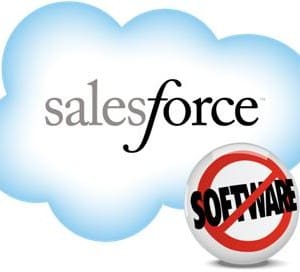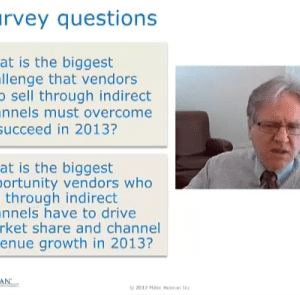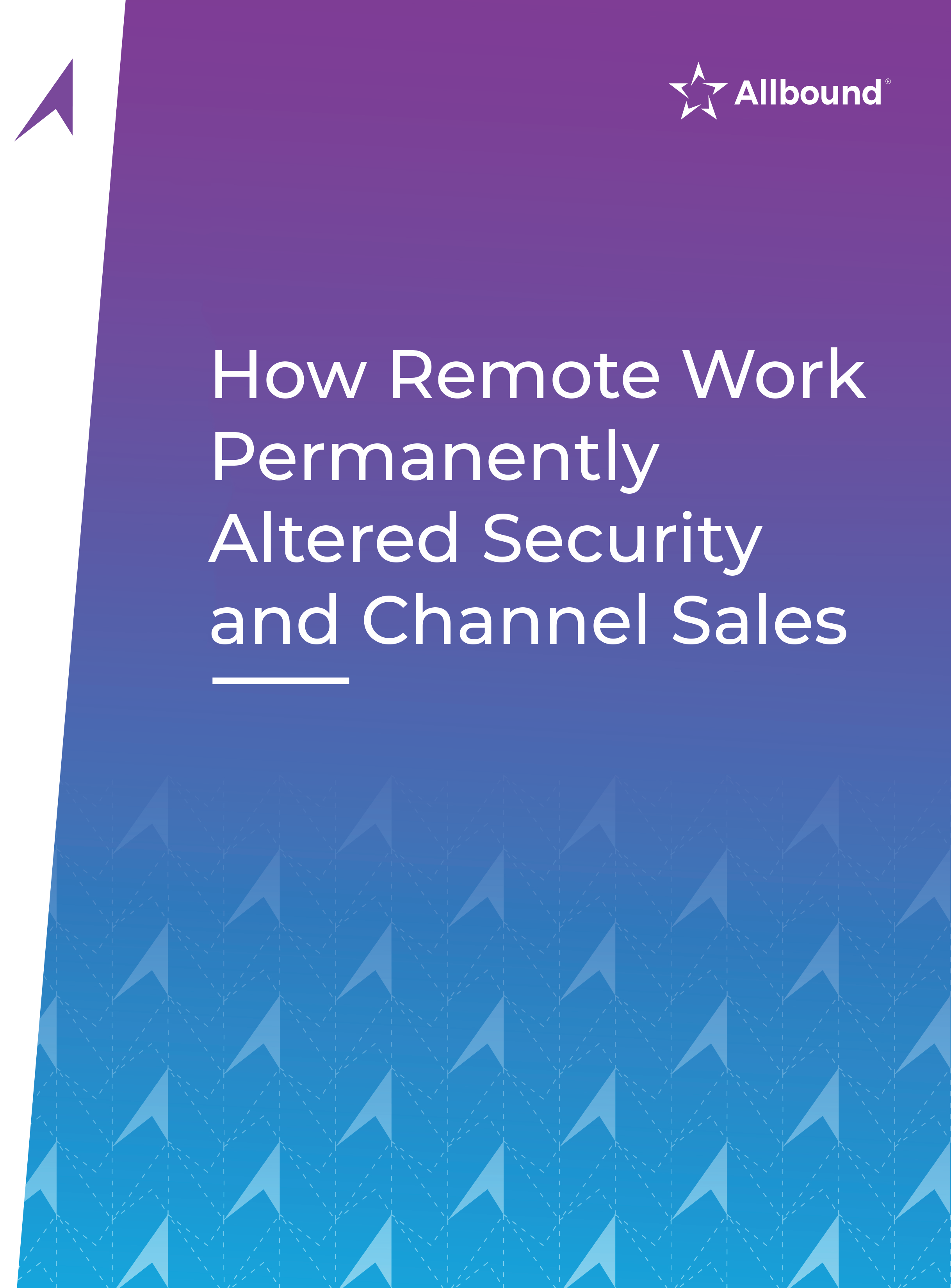Topics
Vendors Address Channel Conflict With New Rules Of Engagement
 Channel conflict is a common issue for vendors, value-added resellers and system integrators alike.
Channel conflict is a common issue for vendors, value-added resellers and system integrators alike.
In fact, approximately two-thirds of channel firms had reported losing between one and nine deals due to channel conflict during 2012, according to research from CompTIA.
The Channel Conflict & Deal Registration Study, which collected insights from 400 IT solution providers, also indicated that channel conflict has either somewhat increased (29%) or increased significantly (21%). In addition, the majority of respondents (80%) said channel conflict had some kind of impact on their business.
However, there are many ways channel conflict can occur, which makes channel relationships and overall dynamic far more complicated.
“We’re seeing channel conflict increase in a variety of ways,” said Carolyn April, Director of Industry Analysis for CompTIA in a recent webinar. “Vendors are not honoring deal registration. Partners are either having their leads being taken away by direct sales, or vendors are giving them to other partners.”
CompTIA honed in on five types of channel conflict most organizations have experienced in the past two years:
- Vendors not honoring the rules of engagement regarding deal registration programs .
- Vendors shifting go-to-market strategy from indirect to direct sales.
- Vendor services arm competing against them.
- Lost deals to vendor direct sales team.
- Vendors violating policies intended to separate sales engagement and territory.
“These take place for a variety of reasons, many at the front-lines level in the field, one-off instances that the larger vendor organization is not always aware of,” April said in a follow-up interview with Channel Marketer Report. “Enough of these situations, however, and you can say it has pervaded part of that vendor’s go-to-market culture.”
The advent of the cloud and managed services specifically has shaken up how vendors and their partners do business. In fact, while intra-channel competition is common, vendor-to-solution provider conflict is the most prevalent, according to Lawrence Walsh, President and CEO of The 2112 Group, a channel marketing consultancy and research company.
“Vendors have two competing interests: The need to capture new business and make their numbers; and the desire to gain as much share of the customer’s wallet as possible,” Walsh said in an interview with Channel Marketer Report. “As such, vendors will go out of their way to ensure a deal is landed, up to and including taking the deal from the partner for direct relationships, or assigning a deal to a different partner that is perceived to have greater capabilities.”
Majority of the time, vendors set the stage for whether channel conflict will occur. However, once partner trust is compromised, VARs and solution providers are likely to respond one or several ways, according to CompTIA, including:
- Complaining to the vendor and/or Channel Account Manager (40%);
- Attempting to sell competing vendor products to same customer (34%); and
- Dropping the vendor in question (30%).
“Vendors should be concerned that channel partners — when faced with competition from their own vendors — are attempting to sell competitors’ products to the same customer, or are dropping vendors,” April said. “If you’re hearing more complaints about channel conflict, you have to take a look at what’s happening in the field, and make sure you’re not losing partners or those deals.”
The Partner’s Role In Channel Conflict
However, the solution provider community also holds some responsibility in causing conflict, according to Walsh.
“We believe solution providers, in general, need greater independence from their vendors, less reliance on vendors for marketing and lead generation, brand awareness, pre-sales support and implementations,” Walsh said. “If solution providers were more independent, they would likely not have as much conflict issues — at least as they’re defined today.”
In an effort to weather channel conflict, partners are taking the following measures, according to April, including placing greater emphasis on improving their services, and striving to specialize in specific vertical industries. Other actions include shifting to recurring revenue models and simply evaluating potential vendor-partner history of channel conflict. However, to move forward successfully, partners also must revamp their overall marketing and branding efforts to reflect all shifts and changes being made.
“A lot of channel companies traditionally identified themselves as a specific vendor partner, specializing in specific products and services,” April said. “However, with the cloud and a lot of things product-wise behind the scenes, it’s important for channel partners to promote their own identy strongly and have that be what they go-to-market and lead with.
Mitigating Channel Conflict
To decrease overall incidents of channel conflict, vendors are implementing deal registration, and making it a core component of channel relationships.
However, there are flaws in some deal registration programs, especially in regards to how vendors and partners collaborate on deals, and the overall lead pass-off process.
As much as 34% of channel firms said that having a set of best practices in place for deal registration across all vendor partners would impact overall channel conflict, according to CompTIA research. Potential best practices include:
- Establish clear guidelines for deals where partners work with vendor reps (88%);
- Set reasonable deal expiration timeframes (87%);
- Avoid predatory conflicts between partners (87%);
- Keep registration and approval process timely and streamlined (86%);
- Maintain visibility into approval and payment processes for partners (85%);
- Prevent direct sales and partners from working on competing deals (84%); and
- Align deal registration incentives with corporate incentives (83%).
Other methods also are being used to alleviate conflict, according to 2112 Group research, including: establishing general rules of engagement; certifications; and tiered benefits based on performance, business planning and co-selling agreements. Of all options, solution providers gave deal registration the highest rating for overall effectiveness.
“Deal registration is seen as the most effective tool in managing channel conflict,” Walsh explained. “However, solution providers say deal registration’s effectiveness is a little better than five on a 10-point scale. Vendors have rules of engagement, processes for reviewing and remediating conflict, and compensating partners who bring net-new deals to the table. Bottom line, though, management of channel conflict is often a function of executive oversight and the vendor’s willingness to play by the rules it establishes.














